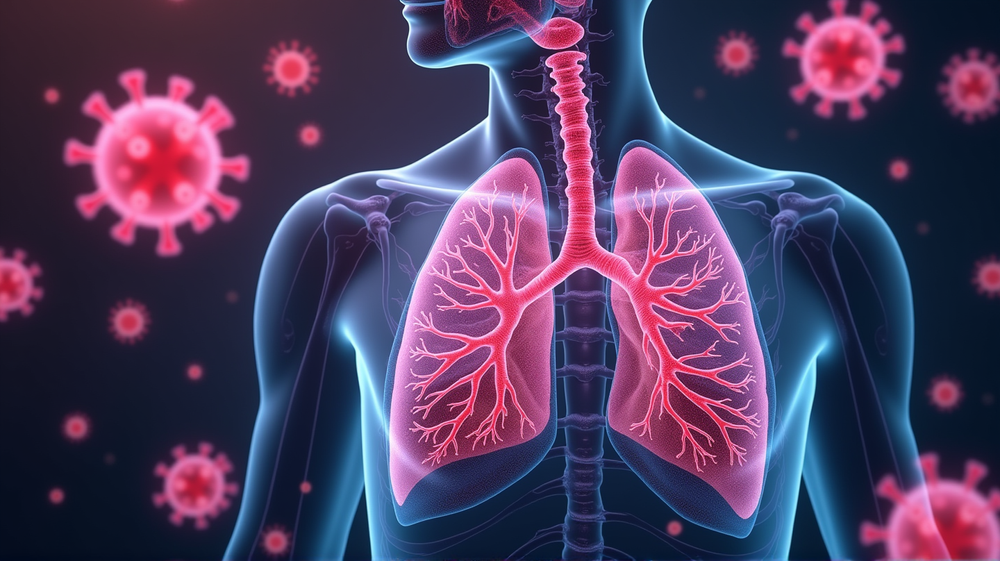How Respiratory Viruses Are Awakening Dormant Breast Cancer Cells
Imagine a scenario where something as common as the flu could reignite a seemingly extinguished flame within us. This isn’t a sci-fi plot but a groundbreaking discovery unveiled by researchers from the University of Colorado, Utrecht University, and MECCC. According to their study published in Nature, dormant breast cancer cells, which spread to the lungs and have remained silent, stand at a startling risk of awakening due to respiratory viruses, like COVID-19 and influenza.
Unearthing a Hidden Threat
The research, spearheaded by an international team, brought to light the mechanism through which respiratory infections disturb dormant cancer cells. In the study’s spotlight were “sleeper cells” in mice, which became active upon exposure to viruses. This activation rapidly led to metastatic cells multiplying and forming lesions, echoing events likened to reigniting a campfire.
The Molecular Culprit: IL-6
Delving deeper, the study identified interleukin-6 (IL-6) as the molecular key, unlocking cancer cells from dormancy. IL-6, released by our immune cells during infections, serves as an alarm bell for those latent cells. Researchers suggest that IL-6 inhibitors could potentially thwart this chain reaction, offering new corridors in cancer treatment.
Real-world Risks: Data from the Pandemic
The pandemic period provided a unique opportunity to study this phenomenon in humans. UK Biobank and Flatiron Health data showed that cancer patients with COVID-19 had a notably higher risk of metastasis. The rapid reawakening of cells wasn’t just a laboratory finding but a real threat many survivors unknowingly faced during their fight with the virus.
Looking Ahead: A Call for Caution and Innovation
With the understanding of these mechanisms, researchers call for the development of therapeutic interventions that could mitigate cancer progression linked to viral infections. Dr. DeGregori emphasizes the necessity of understanding respiratory viruses’ long-term impacts, as they have become an inseparable element of life.
In essence, this research is not just a call to action but a beacon of hope. By unlocking the mysteries of how viruses influence cancer, we inch closer to a future where such threats could be curtailed, ensuring survivorship for those in remission is not merely a phase but a sustained reality.




